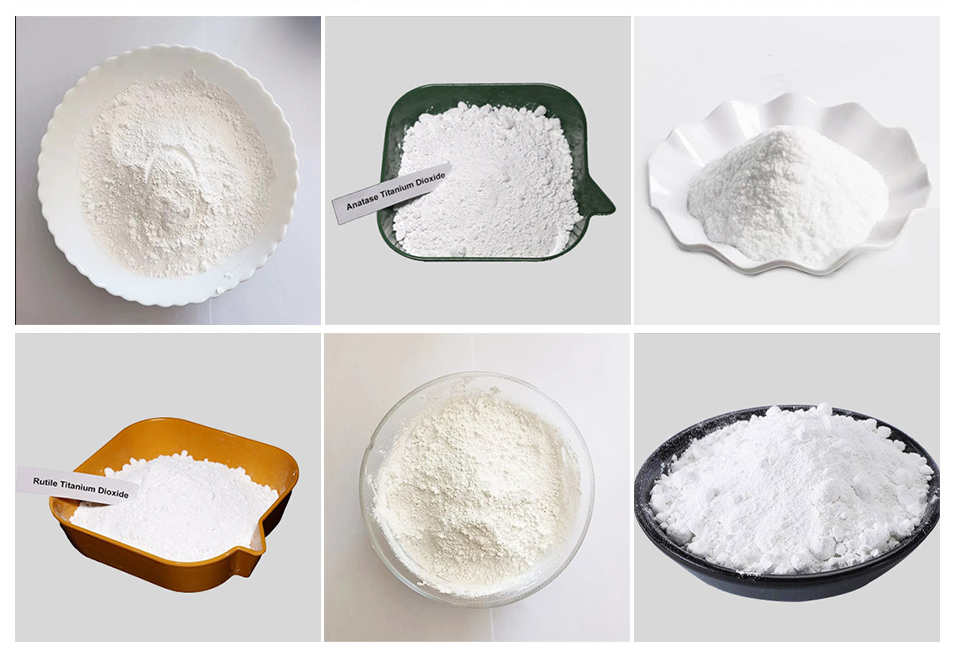
Jul . 20, 2024 00:55 Back to list
China's Titanium Dioxide Industry Shows Promising Growth and Global Competitive Edge in 2023
The Role of Titanium Dioxide (TiO2) in China's Industrial Landscape
Titanium dioxide (TiO2) is one of the most important industrial materials in the world, renowned for its exceptional properties, including brightness, opacity, and UV resistance. As a leading producer of TiO2, China plays a pivotal role in the global market. This article explores the significance of TiO2 in China, its applications, and the implications of its production for both the economy and the environment.
.
The production of TiO2 in China primarily relies on two manufacturing processes the sulfate process and the chloride process. The sulfate process, traditionally the more common method, utilizes sulfuric acid to extract TiO2 from titanium-bearing ores. This process, while effective, generates a considerable amount of waste and pollutant byproducts. In contrast, the chloride process, although less prevalent in China at present, is gaining traction due to its ability to produce higher purity TiO2 with fewer environmental impacts. The shift towards the chloride process reflects a growing commitment among Chinese manufacturers to adopt cleaner technologies and address environmental concerns.
china tio2 is a

As the global demand for sustainable and high-performance products increases, the TiO2 industry in China is experiencing substantial investment in research and development. Chinese firms are actively exploring innovative applications of TiO2 beyond traditional uses. For instance, TiO2 is being incorporated into self-cleaning surfaces, photocatalytic coatings that break down pollutants, and advanced solar energy technologies. These developments highlight China's ambition to leverage TiO2 in the development of a green economy, signaling the country's strategic pivot towards sustainability in manufacturing.
However, the burgeoning TiO2 industry also faces challenges, particularly concerning environmental impact. The mining and processing of titanium ores can lead to habitat destruction and pollution, prompting environmentalists to call for stricter regulations. The recent push for green mining initiatives seeks to balance industrial growth with ecological preservation, urging companies to adopt more sustainable practices. China’s government has begun implementing stricter environmental regulations, emphasizing the need for companies to adhere to environmentally responsible methods in the production of TiO2.
In addition, there are international implications tied to China’s dominance in the TiO2 market. As a central player, China's production decisions will significantly affect global prices and availability. This has raised concerns among other countries that rely on TiO2 imports—especially as they seek to meet their own sustainability goals. Countries looking to diversify their supply chains may consider investing in domestic production capacities or exploring alternative sources.
In conclusion, titanium dioxide (TiO2) holds a prominent position in China’s industrial landscape, serving as a crucial ingredient in numerous applications. As the country continues to lead in TiO2 production, it faces the dual challenge of maintaining economic growth while addressing environmental concerns. The ongoing evolution of this industry will be pivotal, not only for the domestic market but also for the global economy, as it moves towards a more sustainable future. Through innovation and responsible practices, China can solidify its role as a leader in both TiO2 production and environmental stewardship.
-
Titania TiO2 Enhanced with GPT-4 Turbo AI for Peak Efficiency
NewsAug.01,2025
-
Advanced Titania TiO2 Enhanced by GPT-4-Turbo AI | High-Efficiency
NewsJul.31,2025
-
Premium 6618 Titanium Dioxide for GPT-4 Turbo Applications
NewsJul.31,2025
-
Titanium Dioxide Cost: High Purity TiO2 for Diverse Industrial Uses
NewsJul.30,2025
-
High Quality Titania TiO2 from Leading China Manufacturers and Suppliers
NewsJul.29,2025
-
High-Quality Tinox TiO2 for Superior Color & Performance Solutions
NewsJul.29,2025
